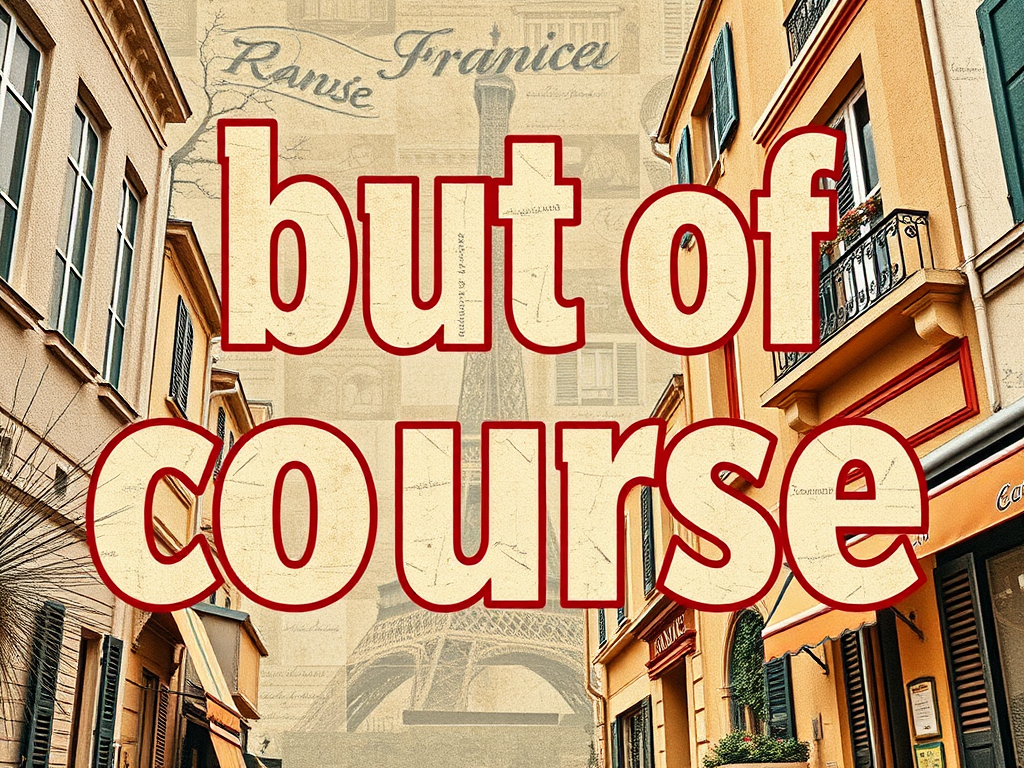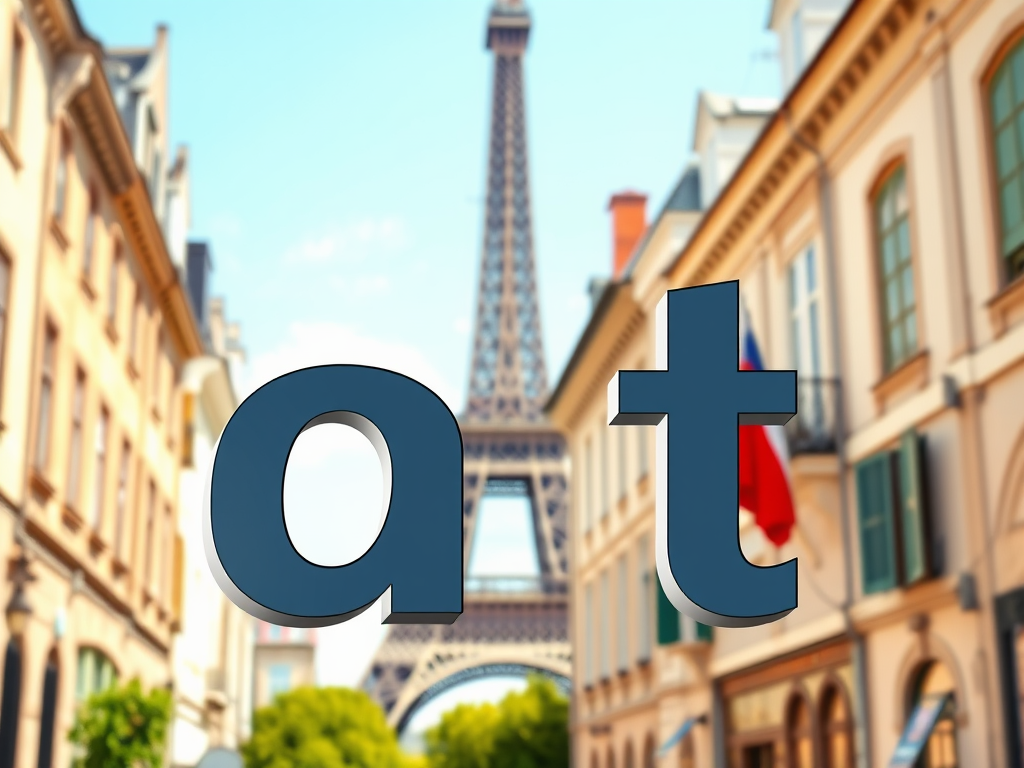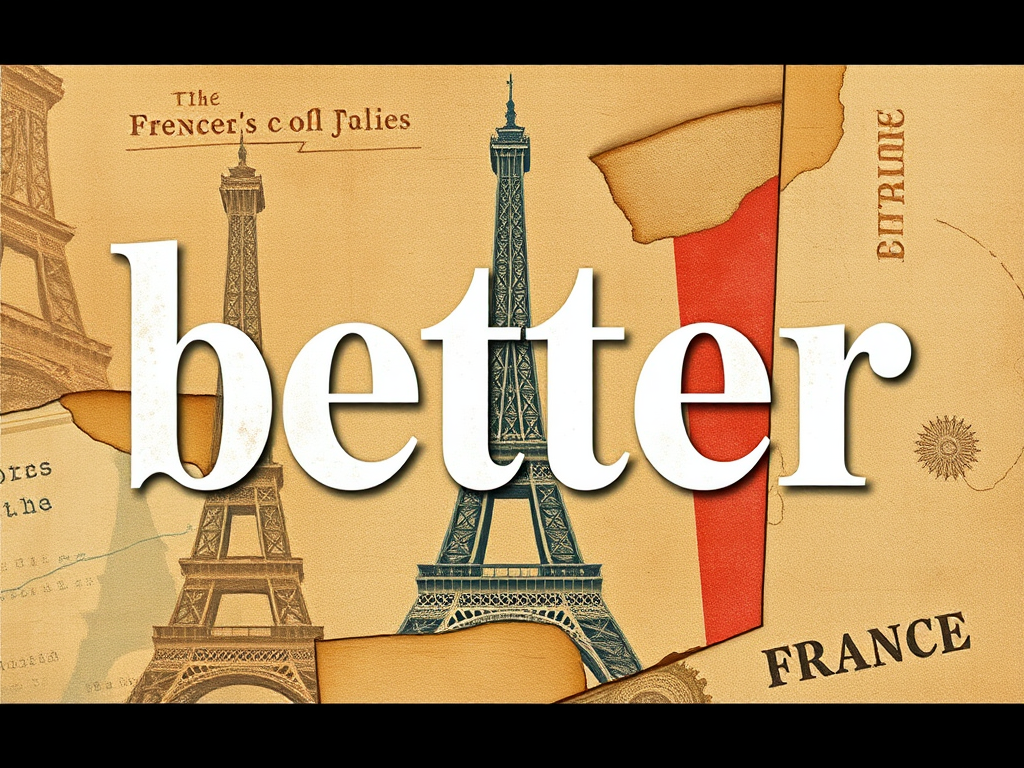Congratulations in French

Table of contents
In French, the most common way to say "congratulations" is "félicitations" (fay-lee-see-tah-syohn). This versatile expression can be used in both formal and informal situations, making it a go-to phrase for celebrating achievements, milestones, or special occasions.
Formal and Informal Expressions
While "félicitations" is widely used, there are other ways to express congratulations in French, depending on the level of formality and the specific context:
Formal
- "Je vous félicite" (I congratulate you)
- "Toutes mes félicitations" (All my congratulations)
Informal
- "Bravo!" (Well done!)
- "Chapeau!" (Hats off!)
Slang
- "Bien joué!" (Well played!)
Usage in Context
Let's explore how to use these expressions in various situations:
- 🎓 Graduation: "Félicitations pour ton diplôme!" (Congratulations on your degree!)
- 💍 Engagement: "Toutes mes félicitations pour vos fiançailles!" (All my congratulations on your engagement!)
- 🏆 Sports victory: "Bravo pour votre victoire!" (Well done on your victory!)
- 🎨 Artistic achievement: "Chapeau pour ton exposition!" (Hats off for your exhibition!)
- 🎮 Gaming success: "Bien joué, tu as battu le boss final!" (Well played, you beat the final boss!)
Pronunciation Guide
To help you pronounce these congratulatory expressions correctly, here's a handy table:
| English | French | Pronunciation (IPA) |
|---|---|---|
| Congratulations | Félicitations | /felisitasjɔ̃/ |
| Well done | Bravo | /bʁavo/ |
| Hats off | Chapeau | /ʃapo/ |
| Well played | Bien joué | /bjɛ̃ ʒwe/ |
Remember, the key to mastering these expressions is practice. Try incorporating them into your French conversations, and you'll soon be congratulating others like a native speaker! 🇫🇷👏






